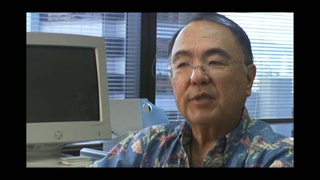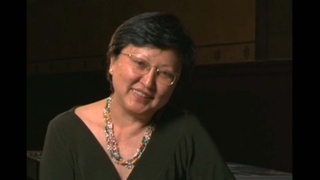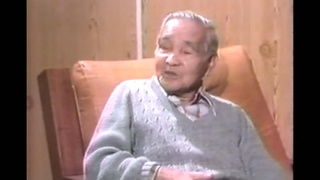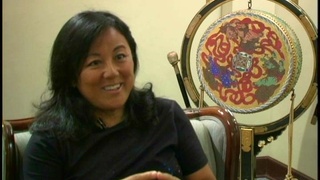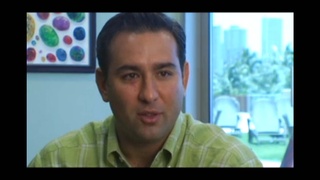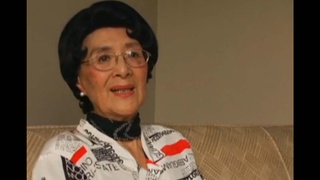Entrevistas
Transition from a factory worker to starting his own business (Portuguese)
(Portuguese)
I arrived in Japan and I worked for about three years. While working at a factory, I realized that it was all very repetitive, I didn’t ... I didn’t – I saw that there was no future for me in the factory, ya know? So I was always thinking, working and ... trying to figure out what I’d be able to do in the future, see? And then ... Out of the blue the opportunity arose: a friend who already owned a shop. See, he came and invited me. He said, “Oh, how ‘bout working an extra hour?” I thought to myself that’d be interesting and ... He lent me a [food] truck at that time and I started working at night. I worked in [the] factory [during the day] and at night, I ... I’d get that truck, ya know, and I drove to the lodgings in the ... in the factories – right outside the factories, see? Helping out, working one – one extra hour. And over time, I felt that ... It was already getting very tiring for me – for me to work that way ... A job at night selling those – those Brazilian products, so I decided to stop working in the factory.
So, my friend, he gave me this opportunity, see, setting up a truck [so I could sell] Brazilian products and ... so that ... I kept at it, see, working only with Brazilian products and getting to travel to several states [prefectures] … Getting to know [these other Japanese regions] ... Always thinking of increasing the customer base because we started out with a small clientele.
So, thank God, over time an opportunity opened up here in Tokyo, ya know, that I can’t help but mention [its] name – that’s the Banco do Brasil – which gave us a lotta support, ya know, and ... And they … How do you say it ... They gave us the opportunity, right, to ... to get to know ... to be able to park [he’s apparently referring to his food truck] in front of the Banco do Brasil [agency]. And from there we began expanding, ya know, and ... and also the .... embassy, the Brazilian embassy later on ... They offered us a space where … where I could park the truck and all that. So…
All this time, everything, ya know, that ... I succeeded in ... We succeeded in expanding [the business] because we had two people working in the truck, ya know. We landed ... this opportunity, to be able to expand from there, from the Banco do Brasil [and] the Brazilian embassy, [where folks] would stop by and say, “Hey, why don’t you stop by this or that lodging?” So from there we went on expanding, ya know, the clientele and all that, and ... we succeeded in getting ... the work done ... It worked out, ya know, the truck bit.
And with the passing of time, it's ... Unfortunately, the [economic] crisis hit, so that this company where I used to work, it ... it went under ... [The owner] ... He ended up closing the store, ya know? And since he owned the place ... He came up to me and offered the location, so that ... today I'm keeping it going. And then out of the blue ... I had the site and the store ... Oh, and the truck. And after a few years, I saw that ... It’d be interesting to open a store here in Oizumi, ya know?
Fecha: October 19, 2016
Zona: Gunma, Japan
Entrevista: Shigeru Kojima
País: Watase Media Arts Center, Japanese American National Museum




